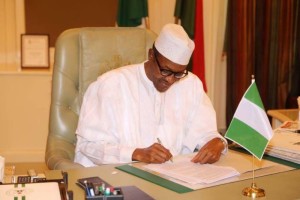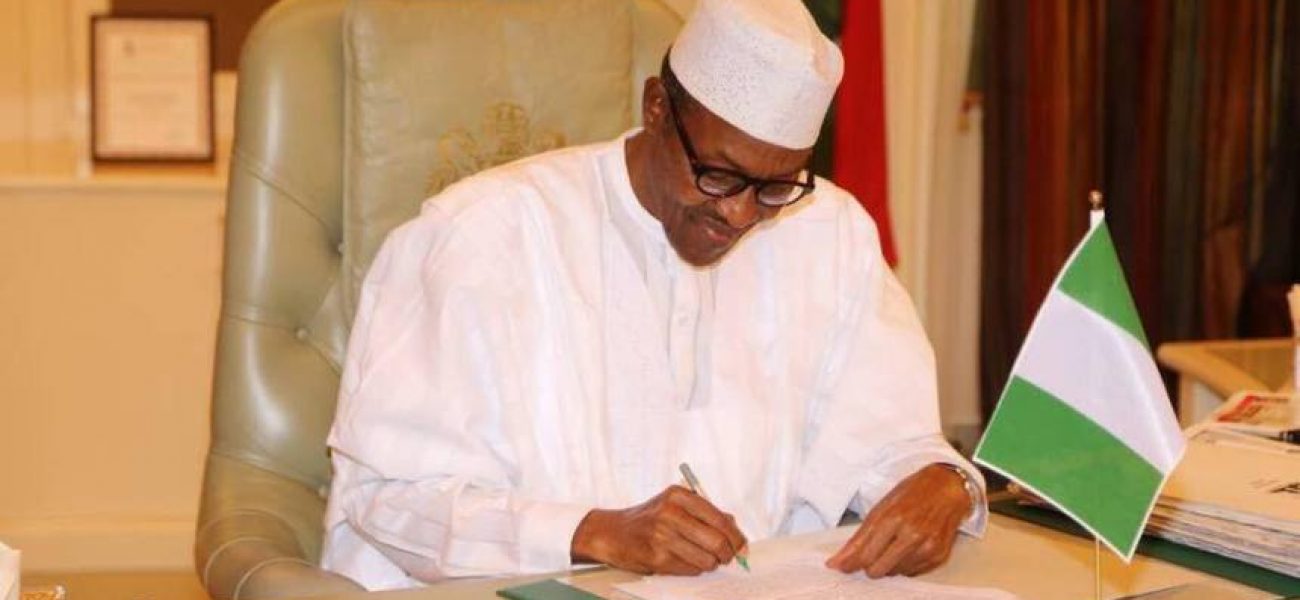 Following the directive of President Muhammadu Buhari in August 2015, Federal Ministries, Departments and Agencies (MDA’s) are to implement the Treasury Single Account (TSA) with immediate effect.
Following the directive of President Muhammadu Buhari in August 2015, Federal Ministries, Departments and Agencies (MDA’s) are to implement the Treasury Single Account (TSA) with immediate effect.
The TSA has been defined as a process and tool that unifies all government accounts in a single unit for the effective management of its finances, bank and cash position. Therefore, MDA’s that are yet to comply must close all revenue accounts maintained in different Banks or branches and transfer the proceeds to the TSA maintained by the CBN. Under this directive, it is only by the TSA that MDA’s can access funds approved in their budget. It is noteworthy that the directive is based on section 80 and 162 of the 1999 Constitution (as amended) which presumes that all revenue expended are captured in the national budget and are authorised by the National Assembly. It is also in accord with a directive to the National Economic Council to ensure MDA’s comply with the relevant laws of accounting, allocation and disbursement of funds. Therefore, MDA’s are to close all the revenue accounts they maintain in different Banks and transfer the proceeds to the TSA maintained by the CBN.
Among others, the benefits of the implementation of the TSA are mainly financial as the absence of multiple banking arrangements will bolster the monitoring and transparency of MDA operations and prevent funds from been easily diverted from their original purpose. This is because the Treasury will at all times have an accurate view of the Government’s cash position as against the present system where the positions of different agencies have to be pooled together to get an overall picture. It will also curb financial excesses on MDA’s and the Federal Government. For instance prior to the directive, some MDA’s deposited their earnings in commercial banks who ironically lent same to the Federal Government at a high interest rate. Therefore by introducing economy and efficiency in the management of scarce public resources, the Government is in a better position to realise its policy goals.
Presently, although the TSA directive includes all government agencies including partially funded establishments like teaching hospitals and medical centres, there have been fears that its effect may be averse to certain agencies such as the Nigerian National Petroleum Corporation (NNPC) and the Nigerian Ports Authority (NPA) if special rules or conditions are not drafted to take their numerous operations and cash obligations into account. There is also the salient point that the Executive and Legislative arm of Government will have to live up to their responsibilities by presenting and approving the budget in a timely manner as late presentation and approval of budget in Nigeria has become a recurrent theme.
Beyond this, although the implementation of the TSA, presents an opportunity for banks to creatively think of other means of raising money, there are fears that the concentration of government funds in the TSA may affect the liquidity of some banks leading to their collapse and an increase in unemployment. However, while the influence of banks to maintain Government revenues is reduced under a full implementation of the TSA, it should be remembered that the funding of projects by the Government as well as the sale of treasury bills and bonds approved by the CBN still pass through commercial banks.
Some analysts also think that the implementation of the TSA should be followed by the passage of a “Fiscal Sunshine Bill” [1], which will open up the financial activities of the Government in the budgetary process and its implementation. There have also been calls for strong legal sanctions where money is being spent outside a purpose it is appropriated for[2].
It is also clear that a major challenge of the implementation of the TSA will lie on the political will for its enforcement, as it will be recalled that the call for its use had emerged under the framework of Government Integrated Financial Management Information System (GIFMIS) in former President Olusegun Obasanjo’s regime. Former President Jonathan had also called for its implementation at the end of February this year. Thus, it would seem that the chances of a successful implementation would be higher once political will is secured.
So far, the general arguments for the implementation of the TSA appear to induce better governance in addition to having other statistical, economical and financial benefits.
[1] “Buhari ‘s TSA Directive is Timely”, Odilim Enwegbara http://saharareporters.com/2015/08/12/buhari%E2%80%99s-tsa-directive-timely-odilim-enwegbara
[2] See 1

